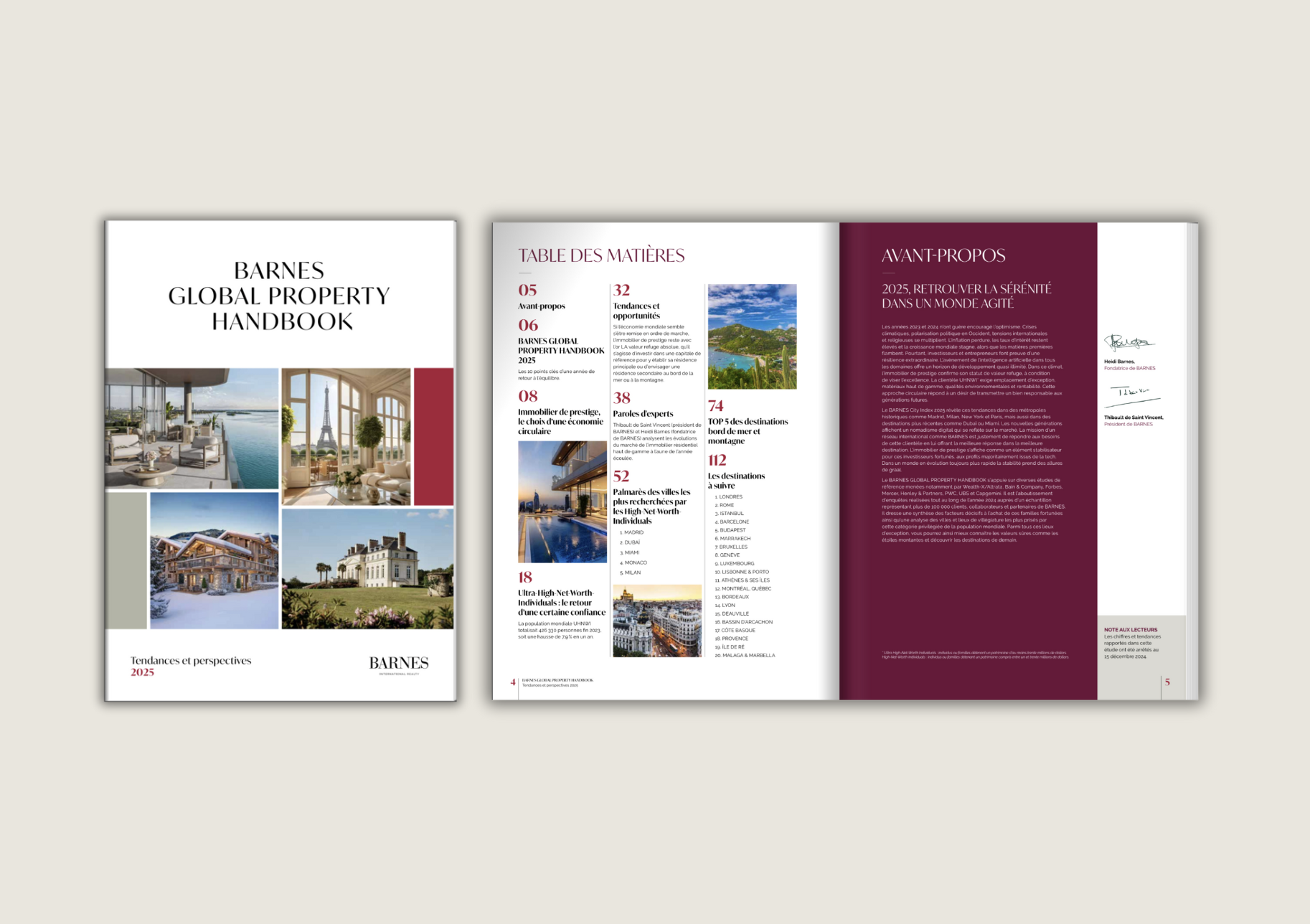2020-01-30
Rental status in professional furnished accommodation
Barnes tells you all about LMP status or Rent in Professional Furnished!

Tax status which governs a furnished rental activity, the PFRC status concerns professional furnished rental companies. The status is close to that of the non-professional furnished rental company (LMNP), but its taxation is more advantageous in the treatment of deficits.
Understanding PFRC status
The General Tax Code (article 155 IV-2) defines professional furnished rentals according to three criteria:
A member of the tax household must be registered with the RCS (Register of Commerce and Companies) as a professional rental company. The total annual income from the rental activity is greater than 23,000 euros. This income from the rental activity must represent more than half of the annual household income.
These three conditions must be met for the rental of furnished accommodation to be considered professional.
The registration of the furnished rental company in the Trade and Companies Register (RCS) is done by the CFE (Center de Formalités des Entreprises).
Note: PFRC tax status can be obtained from the tax service even if the RCS is refused registration by the commercial court registry. The refusal to register will then have to be presented to the tax authorities.
Do not hesitate to call on the real estate experts of Barnes Bordeaux to support you in your investment in furnished rentals.
Guide to investing in PFRC
The simplest way to invest to benefit from PFRC taxation is to acquire real estate located in a service residence, and then rent the furnished accommodation. Several methods of detention are then possible, each with their advantages and disadvantages:
Direct ownership is not very restrictive from an administrative point of view, but it implies that the owner manages his furnished property alone.
The sole proprietorship and the EURL are also non-restrictive methods of ownership to take advantage of the taxation of the status of professional rental of furnished accommodation.
SNC is a possible choice, but one that can pose problems: since associates have the status of merchants, the status may be incompatible with other activities, particularly in the context of regulated functions. The partners of a SNC are also subject to social security contributions.
However, a furnished rental activity, considered to be commercial, is incompatible with SCI. The tax benefits of PFRC status would be lost. The results of the business would be subject to both corporate and income tax among partners. The advantageous possibility of charging deficits against overall income disappears in the context of an SCI.
With a family limited company, the taxation of the result can be done by the income tax of each partner, as in the case of direct ownership. The constraint of the family LLC lies in the fact that the partners must be direct parents, spouses, brothers or sisters. Otherwise, the LLC is conventional and the corporate tax applies as in the case of an SCI.
The tax treatment of deficits and depreciation under the PFRC status
The characteristic of the rental status of Professional Furnished Rental Company is to allow you to directly charge the deficit resulting from your activity to your overall annual income: this, without limitation of amount, for the current year and the 6 years that follow. The only restriction to this possibility is that the deficit must not be due to depreciation.
It is in this possibility of imputing deficits on the overall income of the tax household that the status of Professional Furnished Rental Company is distinguished from the status of Non-Professional Furnished Rental Company. In the context of an LMNP tax status, deficits can only be charged against non-professional income under BIC.
The deficits noted even before the acquisition of the good or the delivery of the new good can be charged to the total income: the charge will be divided in equal parts during the first 3 years of activity, provided that the investor keeps during these 3 years PFRC tax status. That is to say, he must continue to meet the three conditions mentioned earlier in order to benefit from PFRC status.
Amortization of goods remains possible with the status of professional furnished rental company. The amount corresponding to the loss of value due to wear and obsolescence is deducted from the net rental income, that is to say reduced by any deductible charges. Remember that this depreciation can in no way be used to create a deficit in order to benefit from the tax advantages of PFRC status.
Assessment: advantages and disadvantages of PFRC status
The rental status of Professional Furnished Rental Company offers several significant advantages, including the security of the commercial lease. Depreciation of the property offers a possibility of tax exemption of income from the activity. The imputation of deficits to overall income allows tax exemption of other income from the tax household. Note that some goods are eligible for the VAT option.
The drawbacks of the PFRC tax status lie mainly in its strict conditions of obtaining, in particular with regard to the minimum revenue to be made and the 50% share of the income of the tax household to be achieved. The status can be lost during the first 3 years of activity, thus also causing the irremediable loss of the possibility of imputation of the deficits noted before acquisition. The risk of a tenant default is therefore all the more to be feared with PFRC status.

